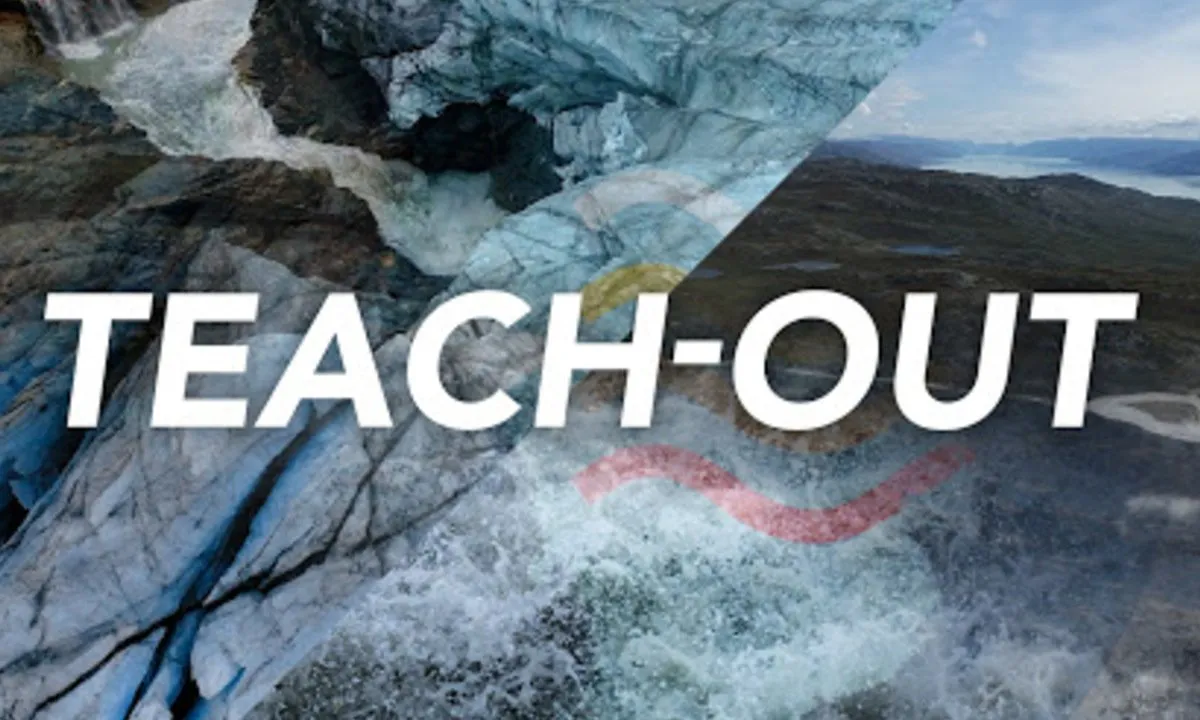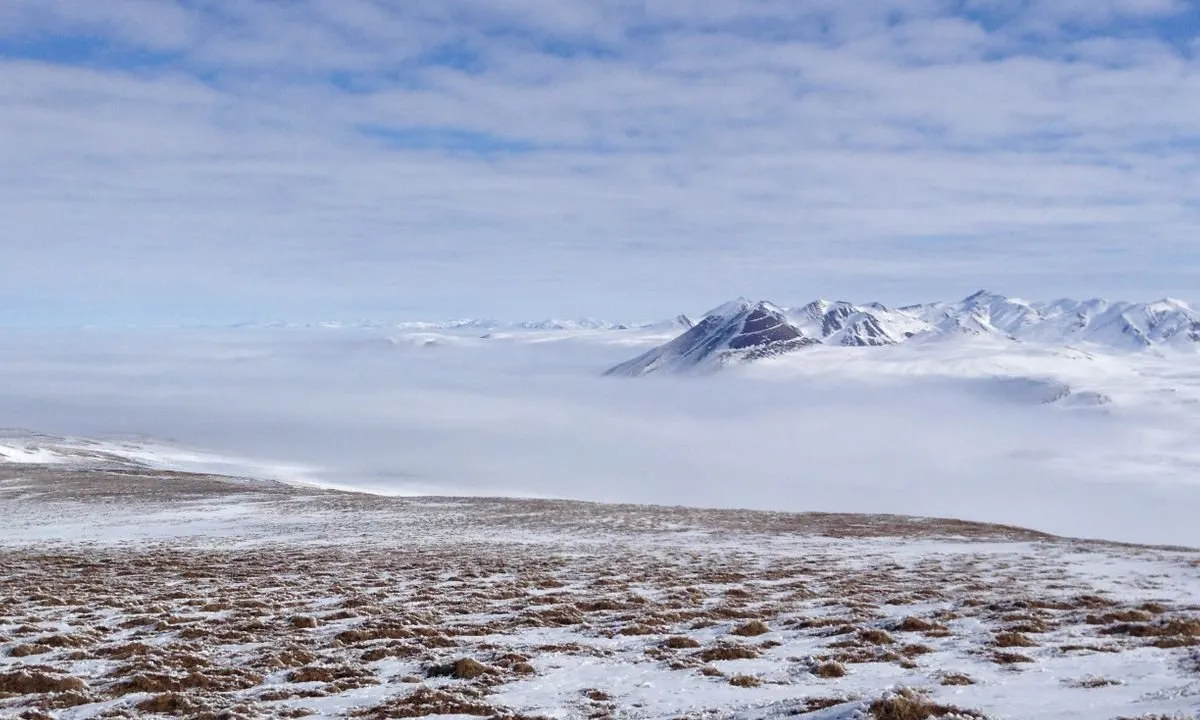
Introductory e-Course on Climate Change 
Welcome to our introductory e-course on Climate Change! This course provides everything you need to know about the basics of climate change, divided into six modules. Each module takes an average of 2 hours to complete and includes 4-5 learning objectives. Take the short quiz at the end of each module to verify your understanding and receive a certificate of completion. You can also access the modules as PDF and PowerPoint Presentation for offline study or training purposes. Plus, explore additional UN resources on climate change for more in-depth information. Sign up now and start learning! ▼
ADVERTISEMENT
Course Feature
![]() Cost:
Cost:
Free
![]() Provider:
Provider:
ThaiMOOC
![]() Certificate:
Certificate:
Free Certification
![]() Language:
Language:
English
![]() Start Date:
Start Date:
On-Demand
Course Overview
❗The content presented here is sourced directly from ThaiMOOC platform. For comprehensive course details, including enrollment information, simply click on the 'Go to class' link on our website.
Updated in [June 30th, 2023]
This Introductory e-Course on Climate Change provides learners with the basics of climate change. It is divided into six modules, each taking an average of 2 hours to complete. Each module has 4 to 5 learning objectives and a short quiz at the end of each module to verify if the objectives have been achieved. Learners have three attempts to try each quiz. Upon successful completion of all 6 modules with a passing score of 70% or higher, a certificate of completion will be automatically available on the 'achievement' section under the course page. Learners can choose to take all modules or select those that most interest them. All modules are available as PDF and PowerPoint Presentation for offline study or training purposes. Additionally, the modules include links to other UN resources on climate change, providing a gateway to more in-depth and specific information. If learners encounter any difficulty or have any questions, they can consult the help page.
[Applications]
Upon completion of this e-course, participants are encouraged to apply their knowledge of climate change to their daily lives. This could include reducing their carbon footprint, advocating for climate action, and educating others about the importance of climate change. Additionally, participants may wish to explore further resources on climate change, such as those provided by the United Nations, to gain a deeper understanding of the issue.
[Career Path]
One job position path that is recommended to learners of this course is a Climate Change Analyst. Climate Change Analysts are responsible for researching, analyzing, and interpreting data related to climate change. They use this data to develop strategies and plans to help organizations and governments address the effects of climate change. They also provide advice and guidance on how to reduce the impact of climate change on the environment.
Climate Change Analysts must have a strong understanding of climate science, environmental science, and data analysis. They must also be able to communicate their findings effectively to stakeholders. As the effects of climate change become more pronounced, the demand for Climate Change Analysts is expected to increase. Companies and governments will need to hire more professionals to help them understand and address the effects of climate change. As a result, the job outlook for Climate Change Analysts is expected to be positive in the coming years.
[Education Path]
The recommended educational path for learners who have completed this introductory e-course on climate change is to pursue a degree in climate science. This degree will provide learners with a comprehensive understanding of the science behind climate change, as well as the tools and techniques needed to address the challenges posed by climate change. The degree typically includes courses in atmospheric science, oceanography, geology, ecology, and other related fields. It also includes courses in policy, economics, and other social sciences, as well as courses in communication and public engagement.
The development trend of climate science degrees is towards more interdisciplinary and integrative approaches. This means that students will be exposed to a wide range of topics, from the physical sciences to the social sciences, and will be able to develop a holistic understanding of the climate system and its impacts. Additionally, the degree will focus on developing the skills needed to effectively communicate climate science to the public and to policymakers, as well as the skills needed to develop and implement effective climate change mitigation and adaptation strategies.
Course Provider

Provider ThaiMOOC's Stats at AZClass
Discussion and Reviews
0.0 (Based on 0 reviews)
Explore Similar Online Courses

Free Tableau Tutorial - Free Tableau Tutorial - Learning Tableau for Beginners

A Mini Course on Time Management

Python for Informatics: Exploring Information

Social Network Analysis

Introduction to Systematic Review and Meta-Analysis

The Analytics Edge

DCO042 - Python For Informatics

Causal Diagrams: Draw Your Assumptions Before Your Conclusions

Whole genome sequencing of bacterial genomes - tools and applications

Melting Ice Rising Seas Teach-Out

Planning with Climate Change in Mind


Start your review of Introductory e-Course on Climate Change